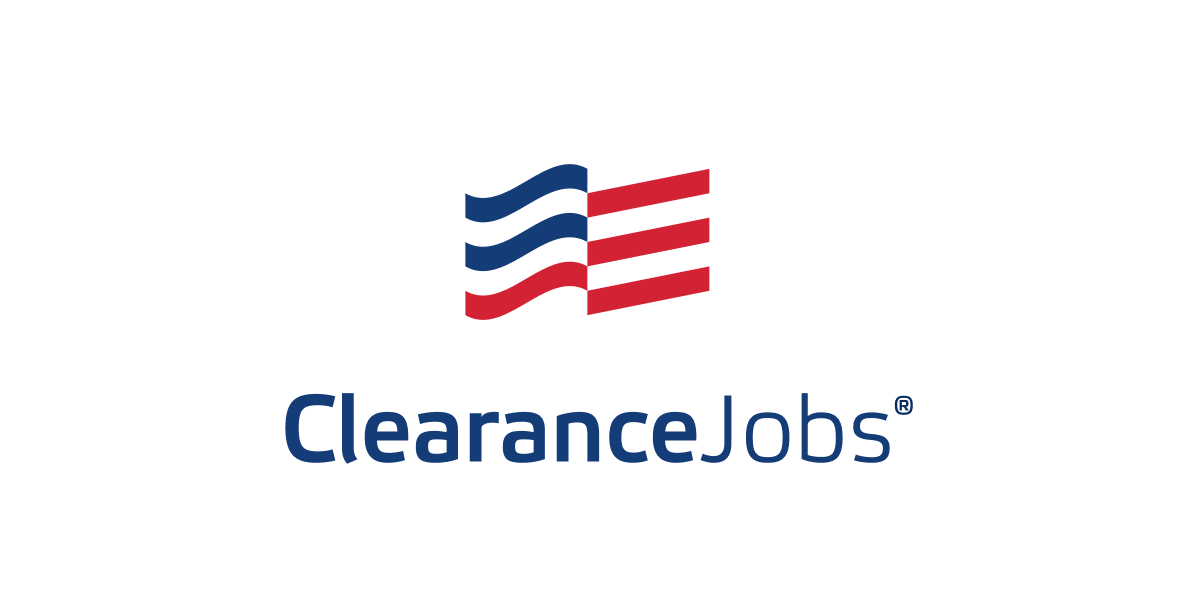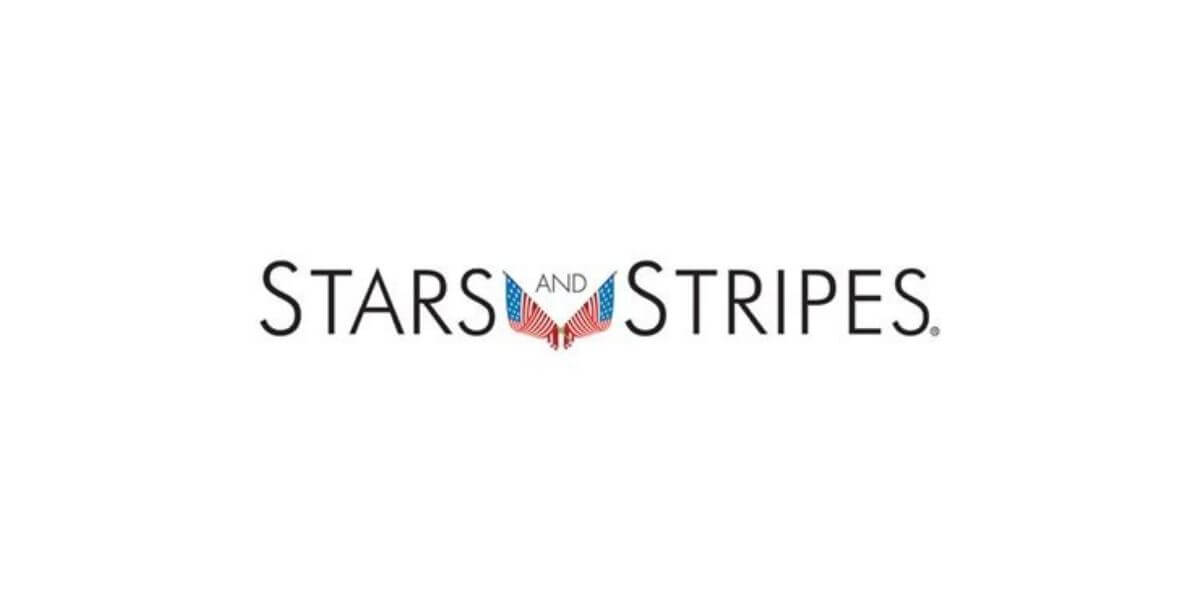WASHINGTON, D.C. (FEDweek) — A decision by the U.S. Supreme Court removing a prior restriction on reverse discrimination complaints would apply to the federal workplace—along with the private sector—and could result in more such complaints being brought by federal employees.
In Ames v. Ohio Department of Youth Services, the high court unanimously rejected a legal test that had been in effect in some federal court circuits that members of a majority of a category under “Title VII” civil rights law had to meet a higher legal standard in order to show that they had been discriminated against—the so-called s “background circumstances” rule.
“This Court’s precedents reinforce that understanding of the statute, and make clear that the standard for proving disparate treatment under Title VII does not vary based on whether or not the plaintiff is a member of a majority group,” said the opinion.
“Title VII’s disparate-treatment provision draws no distinctions between majority-group plaintiffs and minority-group plaintiffs. The provision focuses on individuals rather than groups, barring discrimination against “any individual” because of protected characteristics. Congress left no room for courts to impose special requirements on majority-group plaintiffs alone,” it said.
Said Michael Fallings a partner at Tully Rinckey PLLC, ““This ruling will likely cause more complaints to be filed by employees who do not consider themselves as part of protected classes. In the past, non-minorities were unaware they could file complaints or hesitated to do so because the standard was viewed as more difficult to achieve.”
“However, the Supreme Court’s ruling now clarifies and confirms that the standard of proof for non-minorities to file reverse discrimination claims equates to the already well-established discrimination standards,” he said, adding that other legal standards of proof required for civil rights claims are not affected.
Acting EEOC chair Andrea Lucas characterized the ruling as a judicial rejection of DEI initiatives, which the Trump administration already has banned inside the government and in other contexts.




